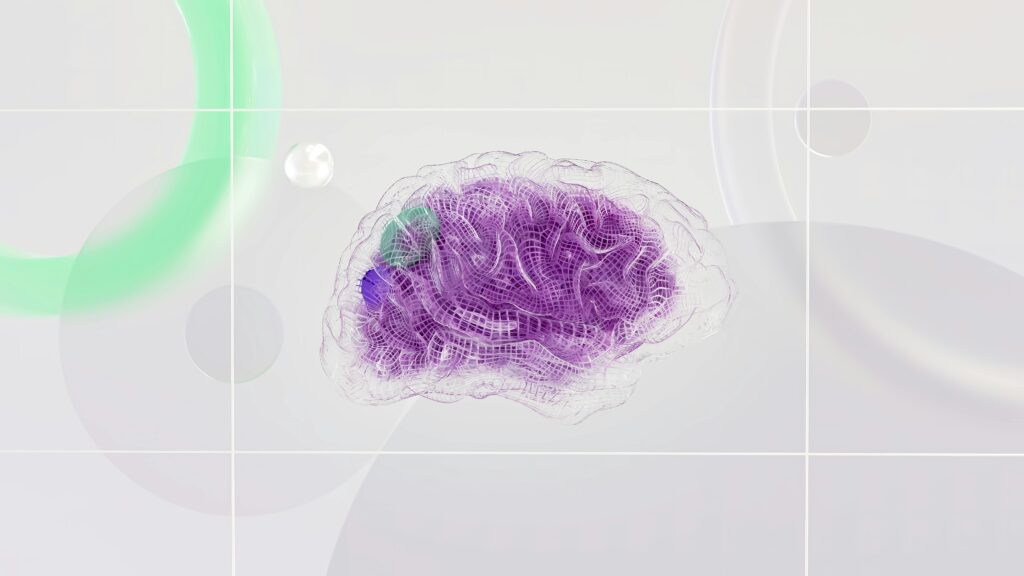What Is Chemo Brain?
If you’ve ever felt like your mind is trapped in a fog after chemotherapy, know this—you are not alone, and what you’re experiencing is real. Chemo brain can be unsettling, making it difficult to concentrate, recall memories, or even find the right words. It’s frustrating, exhausting, and can sometimes make you feel disconnected from the person you once were. But take heart—there is hope. While chemo brain may be an unexpected side effect of your cancer journey, it does not define you. With time, patience, and the right strategies, you can regain mental clarity and confidence. You are strong, and you are capable of navigating this challenge. Let’s take this step together toward understanding, coping, and healing
At AskDoctor.ai, we have created this content to provide you with valuable knowledge about Chemo brain, which is also called chemotherapy-related cognitive impairment, refers to difficulties with memory, focus, and mental clarity that can occur due to cancer treatments. While chemotherapy is the most common culprit, other treatments like radiation and hormone therapy can also contribute.

Common Symptoms of Chemo Brain
- Losing track of conversations or forgetting words mid-sentence
- Struggling to focus on tasks or multitask
- Feeling mentally foggy or slower than usual
- Frequently misplacing items or forgetting appointments
- Difficulty recalling names, dates, or details
What are the Causes of Chemo Brain?
- Chemotherapy drugs: Some medications directly impact brain function.
- Cancer itself: The disease can trigger inflammation, affecting cognition.
- Fatigue & Stress: Cancer-related stress and exhaustion can make thinking harder.
- Hormonal Changes: Treatments affecting hormone levels can alter brain function.
- Nutritional Deficiencies: Poor diet during treatment may worsen brain fog.
How to Cope with Chemo Brain
Even though chemo brain can feel overwhelming, there are steps you can take to manage symptoms and reclaim your mental sharpness.
1. Nourish Your Brain with the Right Foods
What you eat has a direct impact on brain health. Try incorporating:
- Omega-3 fatty acids: Found in salmon, walnuts, and flaxseeds to support cognitive function.
- Antioxidants: Blueberries, spinach, and dark chocolate help fight inflammation.
- Whole grains: Brown rice, quinoa, and oats provide sustained energy.
- Hydration: Dehydration can worsen brain fog, so drink plenty of water.
For more dietary tips, visit the Mayo Clinic Nutrition Guide.
2. Keep Moving – Exercise Boosts Brain Function
Even light physical activity can enhance brain function and reduce stress. Try:
- Gentle walks to get fresh air and improve circulation.
- Yoga or Tai Chi to relax the body and sharpen the mind.
- Stretching exercises to keep your body active without overexertion.
Learn more at the American Cancer Society Exercise Guidelines.
3. Use Memory Aids & Stay Organized
It’s okay to rely on external tools! These can help:
- Keep a daily planner or use a note-taking app.
- Set phone reminders for appointments and tasks.
- Use sticky notes to highlight important information.
- Break big tasks into smaller, manageable steps.
4. Reduce Stress & Give Yourself Grace
Your brain is healing, and that takes time. Be kind to yourself and try:
- Mindfulness & Meditation: Apps like Headspace offer guided meditation to reduce stress.
- Prioritizing Sleep: 7-9 hours of rest each night is essential for brain recovery.
- Social Connection: Talking with loved ones keeps your mind engaged and lifts your spirits.
5. Seek Support When You Need It
You don’t have to navigate this alone. There are resources available, including:
- Cognitive therapy: Professional therapists can help retrain cognitive skills.
- Support groups: Connecting with others who understand can be incredibly validating.
- Cancer organizations: CancerCare offers free support and counseling services.
Understanding chemo brain is the first step toward regaining control, and these insightful videos break it down in a way that’s easy to grasp.
Success Stories
Many individuals have walked the path of chemo brain and emerged with inspiring stories of resilience, recovery, and hope. Their journeys prove that while chemo brain can be a tough challenge, it is possible to regain mental clarity with time, patience, and the right tools.
Karen’s battle with chemo
Karen’s battle with chemo brain after breast cancer treatment was tough, but she found hope in small steps. Despite struggling with memory loss and emotional stress, she sought support from a cognitive therapist, worked on staying organized, and minimized stress. Over time, Karen’s symptoms improved, and she learned to pace herself and embrace life with patience. Her advice: Don’t be too hard on yourself, take it one day at a time, and lean on loved ones for support. You are stronger than you know—keep going!
Read more about Karen’s story.
Frequently Asked Questions (FAQs)
1. How long does chemo brain last?
For many, symptoms improve within months of finishing treatment. However, some may experience cognitive effects for years. Every person’s recovery is different.
2. Can chemo brain be prevented?
While it may not always be avoidable, a healthy lifestyle before and during treatment can help reduce its impact.
3. When should I seek medical help for chemo brain?
If memory and concentration issues significantly interfere with daily life, consult a healthcare professional for further evaluation and support.
Final Thoughts – You’re Not Alone
Chemo brain may feel like a frustrating roadblock, but it does not define you. With time, patience, and the right strategies, your cognitive abilities can improve. Be gentle with yourself, reach out for support when needed, and remember that healing is a journey. For more expert guidance, visit AskDoctor.ai or trusted sources like NIH and Mayo Clinic.
References
Mayo Clinic Nutrition Guide
American Cancer Society Exercise Guidelines
Headspace Meditation
CancerCare Counseling Services
National Institutes of Health









Leave a Reply